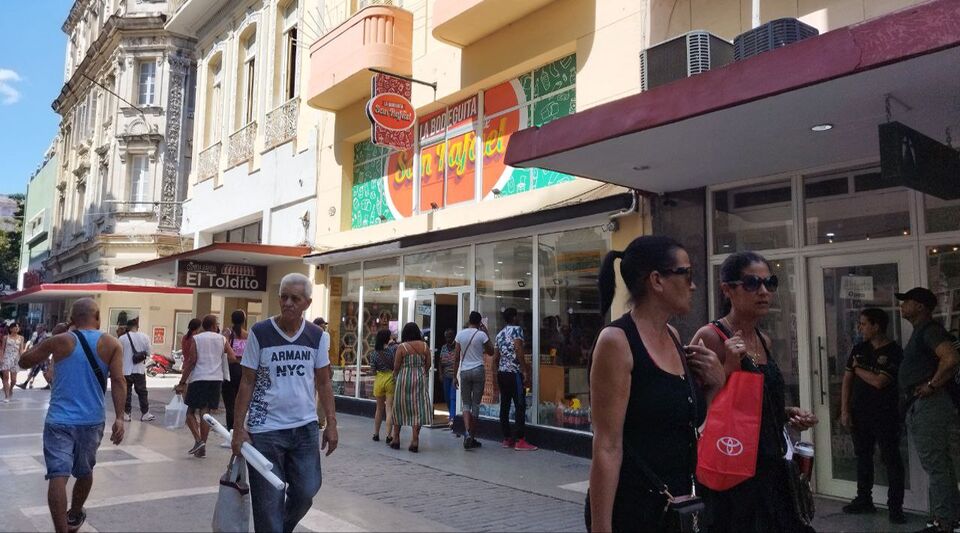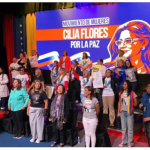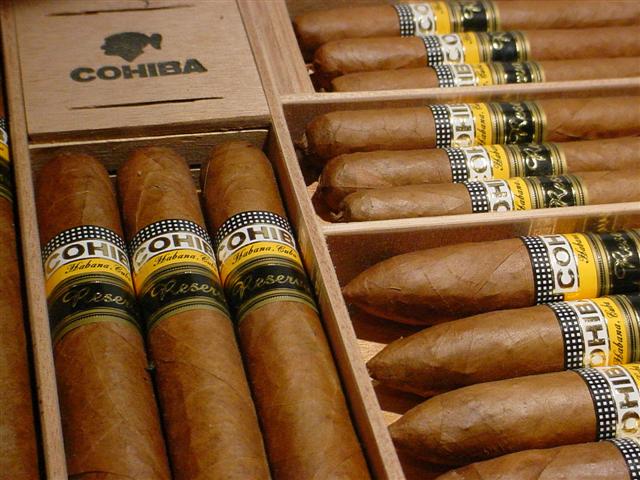A new market in the heart of Centro Habana, another grocery store, a stationery store in the Miramar Trade Center, a fabric and upholstery store in El Vedado, a renewed Italian pizzeria in the same neighborhood… These establishments have in common three things: they have recently opened or reopened in the capital, they have very high prices and now –with a new name or reused– they are in private hands.
In the middle of Boulevard de San Rafael, the colorful poster of a wide and well-stocked store, inaugurated this Saturday, surprises: The San Rafael Bodeguita. “The best of all the ones I’ve seen so far, it’s the most beautiful,” said a client, surprised at what the state clothing store that existed before in that place had become.
But what left us speechless the most were the prices: two-liter soft drinks for 450 pesos, condensed milk for 550, a small tetrapack tomato puree at 380, a pound of lentils at 400, a kilo of wheat flour at 590, a kilo of rice at 650, a simple glass of yogurt at 120.
“It seems that they are things resold from MLC stores, but that is not supposed to be because it is not allowed”
“A woman spent up to 33,000 pesos in front of me,” testified another man who came in to buy. “I don’t know what she would carry in her bags.”
Inside the store a couple was talking, a foreigner and a Cuban woman. He would tell her: “Why are you going to the store at MLC? [moneda libremente convertible] if they sell here in your currency”, and she answered: “But the prices are much higher, they are inflated, that package of rice for example costs 1.90 or 2 MLC and here it is worth 600 Cuban pesos”.
“It seems that they are things resold from MLC stores, but that is not supposed to be because it is not allowed,” an old man mused.
What seems to be clear is that, once again, the same scheme of the recently inaugurated grocery of the Miramar Trade Center and before, the branches of the Sylvain chain and before, fresh and, with them, a whole variety of businesses that have passed from state hands to private hands overnight, without bidding and without prior notice.
For this reason, the inauguration, on the same Saturday, of a “sodería-hamburguesera” called Complejo Zapata and 12, in the same direction of the municipality of Plaza de la Revolución, which was attended by Luis Antonio Torres Iríbar, first secretary of the Committee, was striking. Party Provincial, and Reinaldo García Zapata, Governor of Havana.
“The state entity provides the premises, the workforce and the technological infrastructure, while the private company supplies all the imported raw materials and is involved in the production process”
Of her echoed Havana Tribune in a note posted this sunday. The initiative, reports the official press, is due to the “productive chain” between the state-owned Provincial Food Industry Company (EPIA) and the private company Epcc “of sole responsibility.”
In this association, it is read in the text with a source in the general director of the EPIA, Abdelín González Mesa, “the state entity provides the premises, the workforce and the technological infrastructure, while the private company supplies all the raw materials imported and is involved in the production process”.
With this joint production, continues Tribuna, “the private actor has lower costs and therefore can set more affordable prices for customers”, alluding to the surprising financing of the private company with public resources.
As stated with pomp, in the establishment “several ice cream specialties made in the unit itself are offered, using natural fruits collected in the country and imported components (chocolate, lemon, strawberry, orange and pineapple)”. In addition, they boast that the offer “is marketed at prices lower than those currently set by other forms of private management” (the scoop of ice cream, at 35 pesos and the simple hamburger, at 150).
This is one of the few occasions in which the official press publishes something related to new private businesses, the proliferation of which was ratified for the meetinglast January, between the Cuban president Miguel Díaz-Canel and the Kremlin adviser Boris Titov.
As revealed by the Russian media –in no case by the Cuban officials–, both parties agreed to the creation of a center to transform Cuba’s economy “from the private company”, which means, for voices in exile such as the Cuba Siglo XXI think tank, the imminent transition from a “model with a nationalized economy” to the “scheme russian mobster of market”, in which the old Soviet oligarchic elite took control of numerous companies.
________________________
Collaborate with our work:
The team of 14ymedio He is committed to doing serious journalism that reflects the reality of deep Cuba. Thank you for accompanying us on this long road. We invite you to continue supporting us, but this time becoming a member of our newspaper. Together we can continue transforming journalism in Cuba.


















